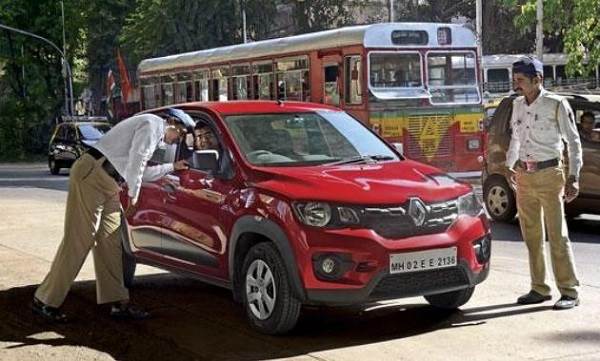In a much-awaited step, designed at making Indian roads safer for motorists and pedestrians and also saving thousands of lives each year, the Cabinet has approved the Motor Vehicle (Amendment) Bill 2016.
As is known, each year over 5,00,000 road accidents are reported in India in which over 1,50,000 lose their lives and another 6,00,000 are injured. The government of India says it is committed to reduce accidents and fatalities by 50 percent in five years.
In the present Motor Vehicle Act, there are 223 Sections out of which the Bill aims to amend 68 sections. Important provisions include an increase in compensation for hit-and-run cases from Rs 25,000 to Rs 2,00,000. It also has made provisions for payment of compensation up to Rs 10 lakh for road accident fatalities.
The Bill also proposes insertion of 28 new sections. The amendments mainly focus on issues relating to improving road safety, citizens’ facilitation while dealing with the Transport Department, strengthening rural transport, last-mile connectivity and public transport, automation and computerisation and enabling online services.
Hefty penalties for traffic offenders
The Road Safety Bill aims to crack the whip on those violating traffic rules. For instance, the parents/guardian / vehicle owner will be deemed to be guilty if a minor is caught driving and is involved in an accident. The punitive measure is a fine of Rs 25,000 with a three-year imprisonment term and the vehicle registration will be cancelled.
The stiffer penalties, which stands hiked from two-fold to ten-fold, cover a number of typical offences committed in India and which are the cause of road accidents. For driving without a licence, the existing penalty of Rs 500 will be increased to Rs 5,000, for drunken driving (which is a leading cause of accidents and fatalities), the fine will be hiked from Rs 2,000 to Rs 10,000), or for overspeeding (from Rs 400 to Rs 1,000 for an LMV (light motor vehicle) and Rs 2,000 for a passenger vehicle). For the full list of proposed penalties, see detailed table below. Additionally, to help road accident victims, Good Samaritan guidelines have been incorporated in the Bill.
Besides measures to clampdown on errant motorists, the government is also focusing on system of licensing and certification of automobiles. To enable commonality of the registration and licensing process across the country, the Bill proposes to create a National Register for Driving Licence and National Register for Vehicle registration to facilitate uniformity of the process across the country. Moreover, the process for testing and certification for automobiles is proposed to be regulated more effectively. Testing agencies (like ARAI) issuing automobile approvals have been brought under the ambit of the Act.




Comments
Member Login
Personal Details
No comments yet. Be the first to comment.